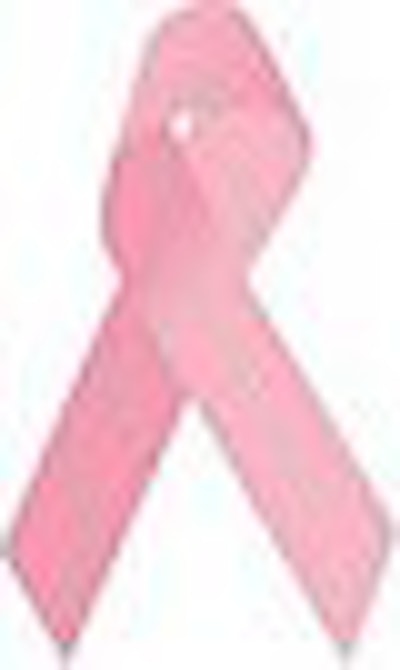
About half of breast cancer patients are older than 65 and a little more than one-third are older than 70. In addition to cancer, these patients may also have significant comorbidities. This combination has made it difficult for the medical community to agree on how to treat breast cancer in older women, which has led to a trend toward undertreatment, according to a study in the Archives of Surgery.
"The cornerstone of treatment in older breast cancer patients is an adequate geriatric assessment that helps estimate life expectancy and predict tolerance of treatment," wrote Dr. David Litvak and Dr. Rajeev Arora, both surgeons from Michigan State University in Lansing. "While the management of older breast cancer patients may be complicated by the existence of comorbid conditions, many older patients appear to be denied treatment based solely on their age" (Archives of Surgery, October 2006, Vol. 141:9, pp. 985-990).
For this retrospective review, the authors culled data on 354 breast cancer patients at a community hospital, and split them into three subgroups: ages 70-74, ages 75-79, and over 80 years. Patient information retrieved from the registry included tumor size and grade, type of surgery, type of adjuvant therapy, mammographic history, and staging.
According to the results, the majority of the women were stage I or II. However, 56% of the women over 80 did not undergo complete staging, which was omitted in 36% of all older patients.
Seventy-two percent of all patients underwent mammography, but only 60% of those over 80 did the same. Occult disease was mammographically detected in 64% of all patients and 38% of older women. In this population, mammography was used as an adjunct to physical exam, the authors stated.
"Our study and others suggest that elderly breast cancer patients underuse mammography for screening purposes and are more likely to present with advanced breast tumors," they explained.
Radiation therapy was used in 32% of all patients and hormone therapy was prescribed in 31%. Sixty-one percent of women ages 75-79 were more likely to receive radiotherapy after lumpectomy versus 37% of women 70-74 and 40% of patients over 80. Forty-three percent of the women over age 75 received adjuvant therapy after mastectomy.
"Although it is not entirely clear that undertreatment leads to worse outcomes, the evidence suggests that this is the case," Litvak and Arora stated. "Contrary to many physicians' beliefs, the data suggest that fit older patients derive the same benefits from treatment as do their younger counterparts."
They cited several papers that support the latter statement, including one that indicated older patients could expect a reduction in disease relapse with proper treatment. Another paper stressed that the decision to forego radiation therapy should be based on multiple factors and not just the patient's age (Journal of Clinical Oncology, April 2000, Vol. 18:8, pp. 1709-1717; Cancer Control, September-October 2001, Vol. 8:5, pp. 431-441; Annals of Oncology, 2002, Vol. 13: suppl. 4, pp. 207-210).
In an invited commentary, Dr. Karen Lane from the University of California, Irvine (UCI) Medical Center said future research would have to determine if undertreatment of elderly patients actually decreased cancer-specific survival.
By Shalmali Pal
AuntMinnie.com staff writer
October 17, 2006
Related Reading
How old is too old for a mammogram? October 6, 2006
75 years is an appropriate upper age limit for mammography, July 1, 2006
Radiotherapy can benefit elderly women with early breast cancers, May 17, 2006
Breast cancer may be undertreated in octogenarians, May 15, 2006
Lack of screening for older women may skew breast cancer data, April 25, 2005
Copyright © 2006 AuntMinnie.com


















